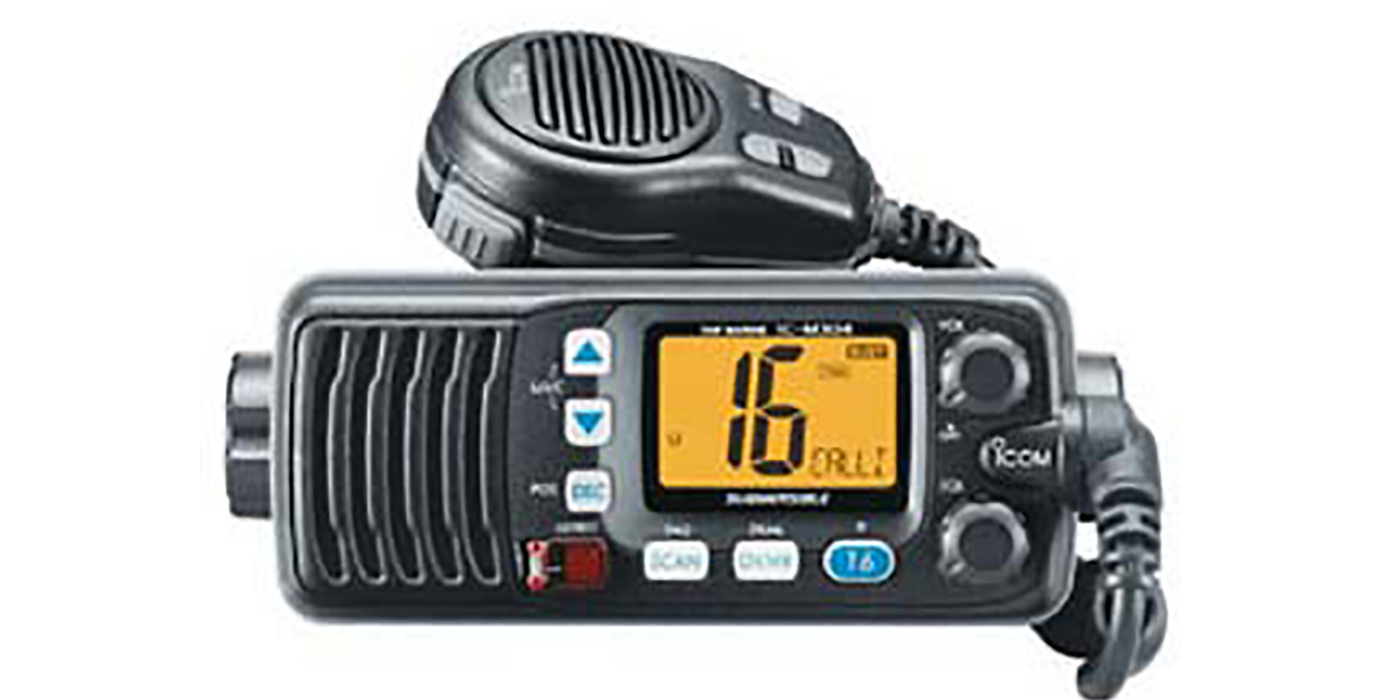All Articles
Boat Handling & Seamanship
Enjoying Your Day, Comfortably
Maintenance
Fishing
Dining Aboard
Trailering
Personal Touches
Performance & Efficiency
Ports of Call & Places to Anchor
All Years
2025
2024
2023
2022
2021
2020
2019
2018
2017
2016
2015
For safety goodness sake! Register your VHF radio.
When you do, you’re a push button away from providing vital information to the Coast Guard.
If you have VHF radio(s) on your boat, then you should have a Maritime Mobile Service Identity (MMSI) number, and it should be entered into your radio(s) and connected to your Global Positioning System (GPS). Should a distress call ever be necessary, properly registered, entered and GPS-connected MMSI numbers in your VHF radio(s) automatically provide push button, "goof proof" information about the boat, position, safety equipment onboard, the operator, as well as contact information so folks know your whereabouts.
All fixed-mount VHF radios manufactured in the United States since 1999 have digital selective calling (DSC) capability. The easily identified red button transmits the DSC information directly to the Coast Guard.
Registering for and receiving your MMSI number is easy. Recreational vessels used solely in domestic U.S. waters that do not require a FCC station license may obtain a MMSI form . MMSI numbers are issued by the Federal Communications Commission to vessels that operate in international waters and require a station license. This includes Canada, the Bahamas and Mexico.
If you have a VHF radio and a GPS, then the position information from the GPS should beinput to
the radio via NMEA0183 data bus connection (standard National Marine Electronics Association digital transmission protocol for sharing data among multiple units). This will allow the radio to transmit your position when sending a distress signal using the DSC capability.

In a recent marine safety alert, the Coast Guard reports that approximately 60% of the VHF Marine Radios from which they have received distress calls DID NOT have a registered MMSI number and it was further reported that 90% of the distress alerts they receive DID NOT include position information. Without this vital information, the Coast Guard may suspend search and rescue efforts if no other means of communicating and contacting the boat can be established.
GPS should talk/be input to the radio with NMEA0183 connections. Your dealer can help. This simple step will allow the VHF to include your position in any distress signal sent using push button DSC capability.
So register your VHF and get your MMSI number. This is easy, doesn't take much time, and assists in quicker response in an emergency. It's a no-brainer. Register your VHF radio and connect your GPS to it!
| Here are a few links to help obtain your MSSI number and register your VHF: | ||
| Boat U.S. | Sea Tow | U.S. Power Squadrons |
-Thanks to Brian Hodson of the Tidewater Grady Club (sponsored by Norfolk Marine in Norfolk, VA) for providing us with the prompt to include this important safety article in Docklines.
